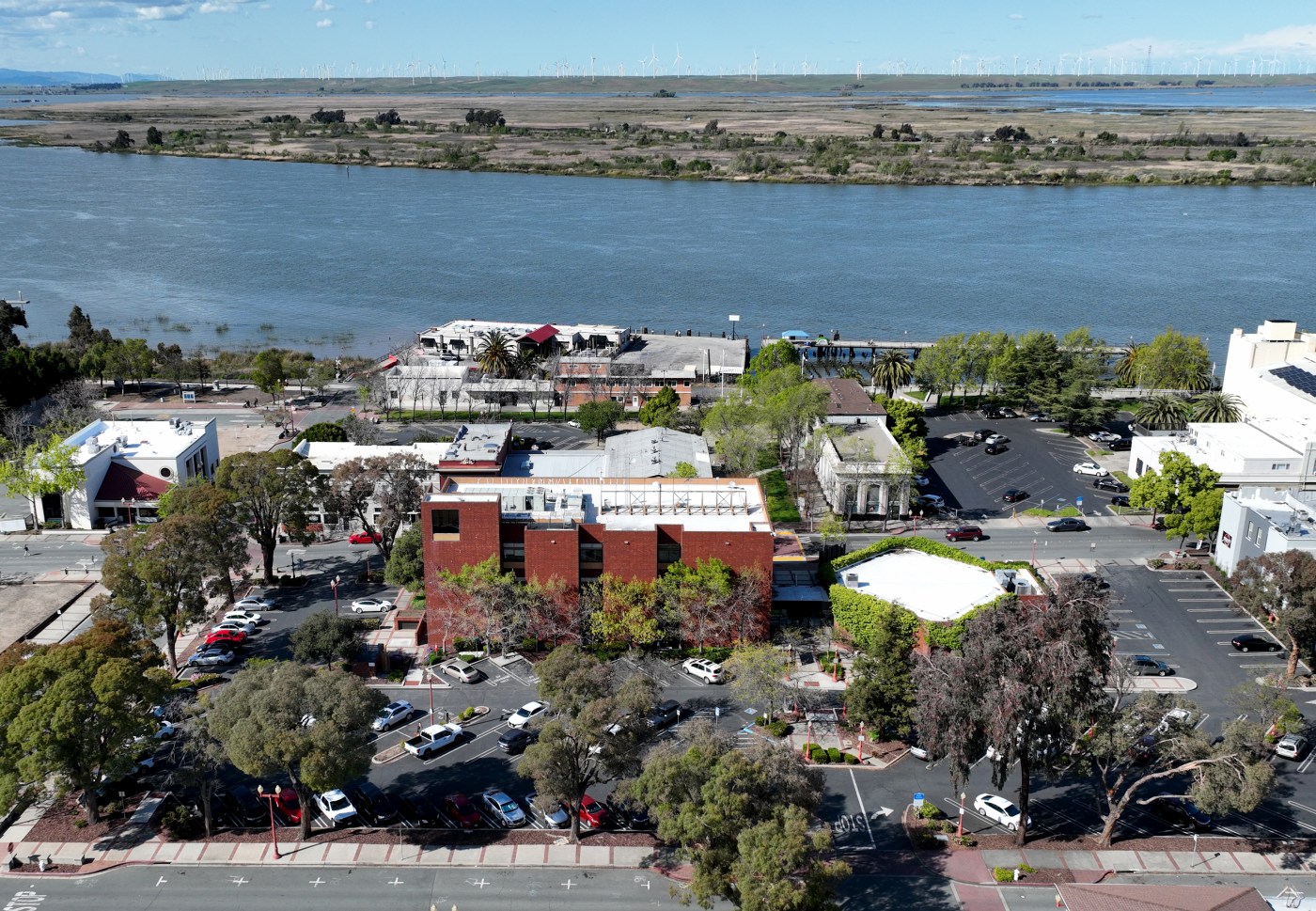
ANTIOCH – Antioch is preparing a draft of an ordinance that seeks to address housing challenges within the city, requiring land developers to dedicate a certain percentage of units as below market-rate or affordable.
Once adopted, it will be part of the Antioch Municipal Code.
During a special City Council meeting on Sept. 16, a 15% total inclusionary requirement applicable to rental and for-sale projects was approved for inclusion in the proposed ordinance.
On Monday, the city noted in a press release that requiring a percentage of new housing developments to include affordable units or contribute to affordable housing funds “help promote socio-economic diversity, reduce long-term segregation, and create stronger, healthier neighborhoods.”
“This step forward aligns with Antioch’s ongoing efforts to prioritize inclusive growth and equitable development,” the city said.
Antioch has held discussions on an inclusionary housing ordinance since July 2024. Under council direction, city staff will draft it before presenting it to the Antioch Planning Commission.
The planning commission will then forward its recommendations to the Antioch City Council.
Public hearings will be scheduled at both stages to allow the community to weigh in on what is being proposed.
Antioch Mayor Ron Bernal said it’s vital for the city to consider “tools” that effectively promote residential housing stock that addresses needs across all income levels.
“Council’s decision to consider the adoption of an Inclusionary Housing Ordinance is a long overdue step in a larger public process, and the Council looks forward to receiving input from residents, stakeholders, and the development community,” said Bernal in a statement.
According to city staff, the possible adoption of the ordinance can also be used for compliance with the Metropolitan Transportation Commission’s Transit Oriented Communities.
The City Council offered other provisions for the ordinance, such as regulations to incentivize developers to provide affordable units in their project site; an in-lieu fee program, inclusion of a funding mechanism for administrative purposes, and the creation of a housing trust fund to deposit collected in-lieu fees.
Other provisions include incentives for increased densities for projects, and the term of the affordability requirements is to be restricted in perpetuity.
Bernal asked how it would benefit a homeowner who buys an affordable housing unit and sees their property value appreciate.
Antioch’s Interim Community and Economic Development Director David A. Storer said the main idea is to get people into housing with what they can afford.
“What you do is you build in a system where they have to report what their income is,” said Storer. “Because everybody’s income generally goes up unless they’re on a fixed income, and you want to make sure that they’re not getting a lot of money and still keeping the benefit of that rental housing.”
Councilmembers also agreed that the threshold project size to be included in the ordinance is 11 or more units.
This is in line with the Metropolitan Transportation Commission’s policy, which states that an ordinance may exempt projects with fewer than 11 affordable housing units.